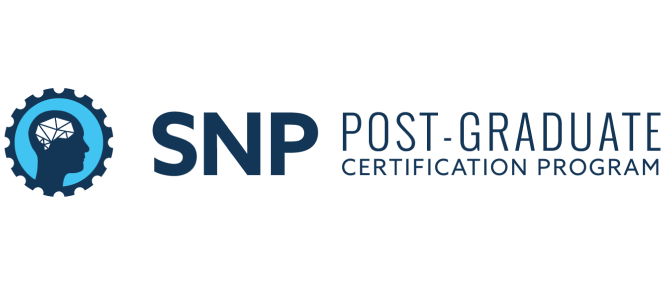
The School Neuropsychology Post-Graduate Certification Program
A competency-based Continuing Education opportunity designed to train school psychologists, licensed educational psychologists, and psychologists to integrate neuropsychological principles into their professional practices.
Overview
Applicants must complete an initial online application which includes information about their current licensure/certification, highest graduate degree, years of assessment experience, and approximate number of evaluations completed in the previous year.
We are excited to continue to offer a supervision cohort focused on bilingual (Spanish) pediatric neuropsychological assessment. The core instruction of the program will be offered only in English but the supervisor for this cohort is an expert in bilingual Spanish assessment and the reports for this cohort may be written in Spanish or English.
Program Details
Download our PDF file that contains all of the program details. For school-based professionals, this document also contains an introductory letter to school district supervisors detailing the importance of this program. The letter is a good resource for seeking financial support from the school district.

KIDS, Inc. is approved by the National Association of School Psychologists to offer continuing education for school psychologists. KIDS, Inc. maintains responsibility for this program and its content.

KIDS, Inc. is approved by the American Psychological Association to offer continuing education for psychologists. KIDS, Inc. maintains responsibility for this program and its content
Kindergarten Intervention and Diagnostic Services, Inc. is recognized by the New York State Education Department’s State Board for Psychology as an approved provider of continuing education for licensed psychologists #PSY-0106.
Purpose of the Training
Children are increasingly showing up at school with known or suspected disabilities related to neurological conditions.
The purpose of this course is to train school psychologists and psychologists who work with children to integrate neuropsychological principles into their professional practice. This competency-based training program will provide participants with a blend of a knowledge base in contemporary neuropsychological theory, neuroanatomy, assessment techniques, and evidence-based interventions. Practitioners will learn to administer and interpreting common neuropsychological instruments for school-aged children, learn from experts in neuropsychological theory and practice, and engage in group and individual supervision to practice new skills.
Participants will be able to:
demonstrate competency in:
- applying a school neuropsychological assessment and intervention model to three integrated case studies.
- administering and interpreting neuropsychological instruments designed for school-age children and youth.
- case study conceptualization and integration from referral questions to applied evidence-based interventions
demonstrate knowledge of
- functional neuroanatomy and its relationship to common neurodevelopmental disorders in children and youth.
- the major neuropsychological theories with an emphasis on the work of Alexander Luria and a process approach to assessment.
- the neurodevelopmental disorders that effect school-age children.
- demonstrate how to conduct a process-oriented method for identifying children with learning disabilities.
- demonstrate a working knowledge through supervised practice of the latest neuropsychological assessment instruments designed for school-aged populations.
